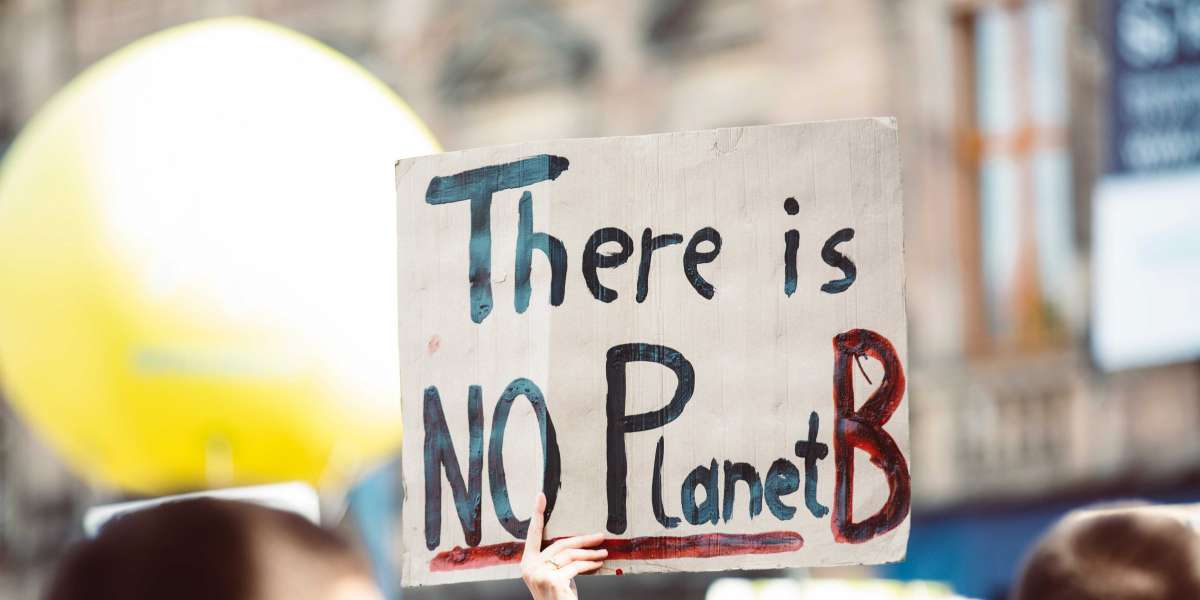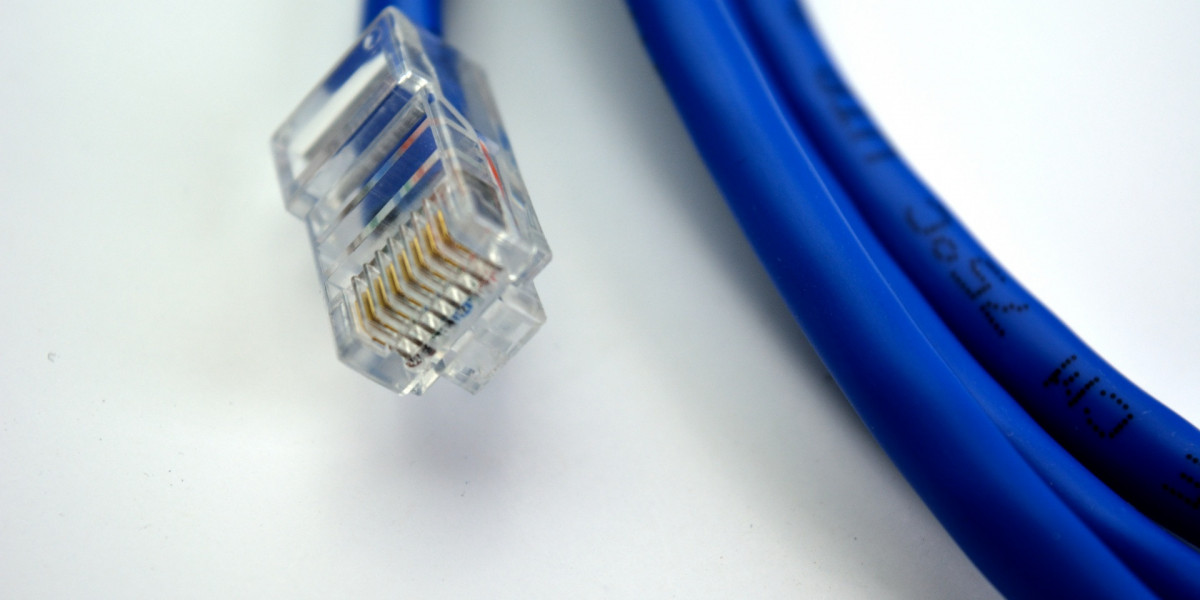Carbon footprint is the amount of green house gases (mostly carbon dioxide) released into the atmosphere as a result of the activities of an individual, community or organization. The larger your carbon footprint, the more it is that you are contributing towards climate change which can affect the planet and ultimately, the human beings.
Here are some small, easy changes you can make to reduce your carbon footprint:
- Consume more fruits, vegetables and greens : Livestock-meat and dairy-is largely responsible for the emission of greenhouse gases as it produces a large amount of methane which is known to trap heat in the atmosphere for a long time.
- Reduce food wastage : Shop smart, avoid buying too much. Store your food the right way, because improper storage of food causes major food wastage.Eat the skin, dont just scrape it off. Save the leftovers. Keep a log of your food wastage and update it. Get into the habit of meal planning. Avoid using disposable plates and other cutlery.
- Buy your clothes carefully : All the clothes you discard end up in landfills and take up a lot of unnecessary space. Avoid buying fast fashion, buy clothes o fgood quality which are guaranteed to last. Recycle old clothing as often as possible.
- Switch lights off when you're not in a room and also unplug your electronics when theyre not being used. This reduces unnecessary wastage of energy.
- Drive less : take the bus or any other means of public transport, walk to your destination if possible, use bicycles or carpool to avoid wastage of fuel and reduce pollution. Use less air conditioning when you're driving. Reconsider how much and how often you travel.
- Minimalism : look into the idea of a minimalist lifestyle, declutter your home and give away things you may no longer require. Recycle or reuse in any way that is possible.
- Buy local produce : avoid processed foods, go to the nearest farmers' market and buy local, organic produce.
- Avoid wastage of water : turn off the taps when not in use, fix leaky faucets etc.
- Buy laptops rather than desktops : this makes a difference as laptops consume less energy than desktops.
- Re-use : before throwing something away, ask yourself if you can re-use it and put it to good use.
- Plant a garden: we know that plants absorb carbon dioxide. If you're short on space, try growing plants in your balcony or the rooftop or even try a community garden.








